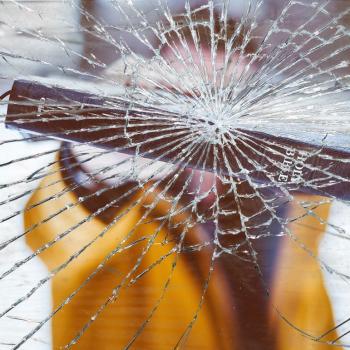Clara Vannucci:
“Why should I run? Where would I go? Twenty years I’ve lived in prison. Now I have something to live for. Life has meaning.” This was the unexpected and humbling response Vannucci received when she asked a prison inmate of Italy’s notorious Volterra Prison and touring theatre actor why he did not try to escape when he had so many opportunities to do so.
In 1998, Armando Punzo established the Compagnia della Fortezza, a theatre troupe comprised of dangerous felons and hardcore“lifers,” at Tuscany’s Volterra Prison, which shares a reputation akin to California’s Folson Prison and New York’s Sing Sing.
In Italy they have found prison theatre to be highly therapeutic, producing positive results for rehabilitating prisoners and ultimately reintegrating them into society. Actor-inmates are taught how to read, to work collaboratively, and to be responsible for each other, as well as themselves.
Traveling troupes perform to sold-out crowds in small towns throughout Italy. And the inmate’s experience is very much like a real touring actor’s — During the day the men are free to roam, without supervision by guards, at night they perform, and then at the close of the performance they are escorted to the local prison for their overnight stay.
more (and check out her series on the Rikers Island Battered Women’s Section)
Danny Lyon:
Browsing the pages of Danny Lyon’s excellent Conversations with the Dead, his 1967-1968 study of life in Texas penitentiaries, you are struck by his photographs of the prisoners themselves – often un-named, referred to only by the length of their sentence and their crime. Rarely do they look like scowling, hard-bitten recidivists. They look like specimens of regular American manhood who have somehow lost their way. It would be naïve to think that they were not guilty of the charges for which they are serving time but there is something accidentally angelic about the stained white uniforms they are obliged to wear, as if they have temporarily forfeited the regular dark hues of civilian status.
more (and more: “Read on to discover how it felt to walk through beside these cells, which of the subjects made it out alive and why, even as a visitor, prison changed Lyon, “and not in the way I could have predicted.”)















